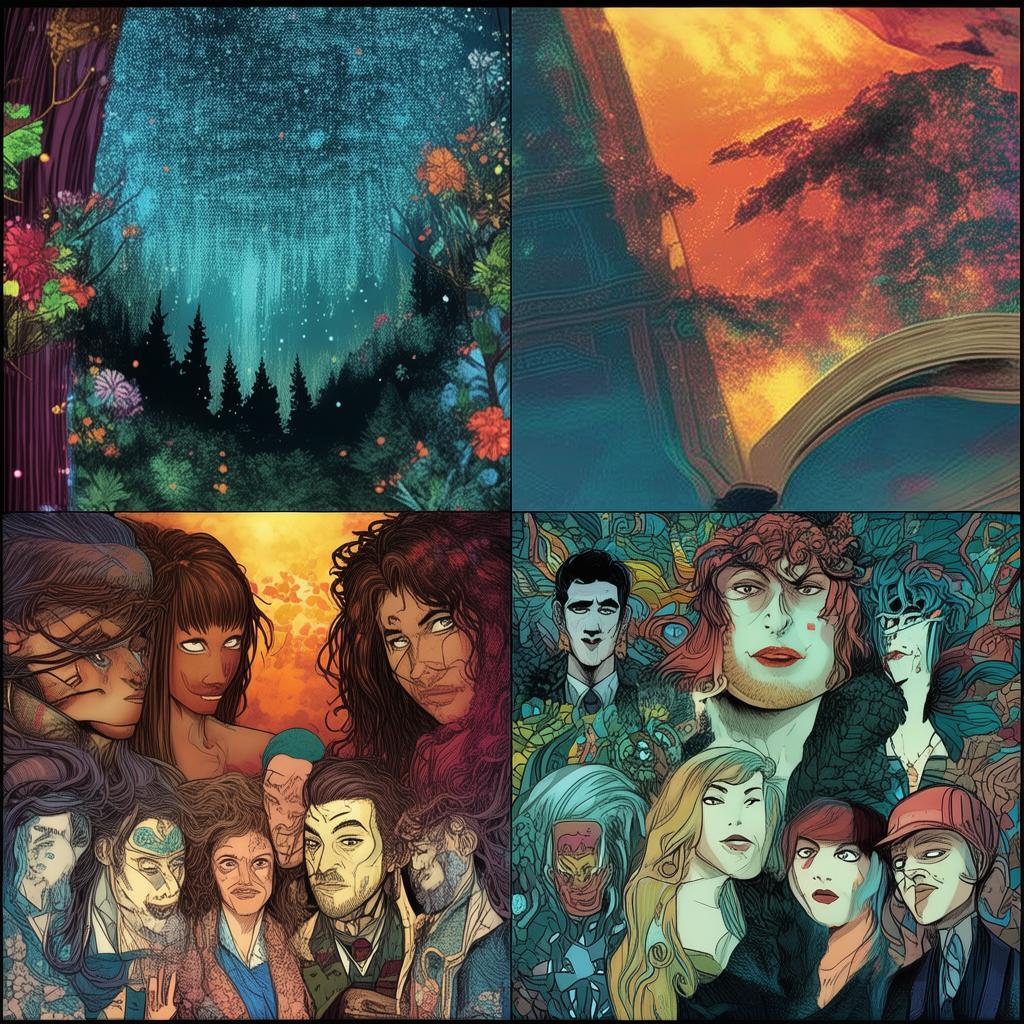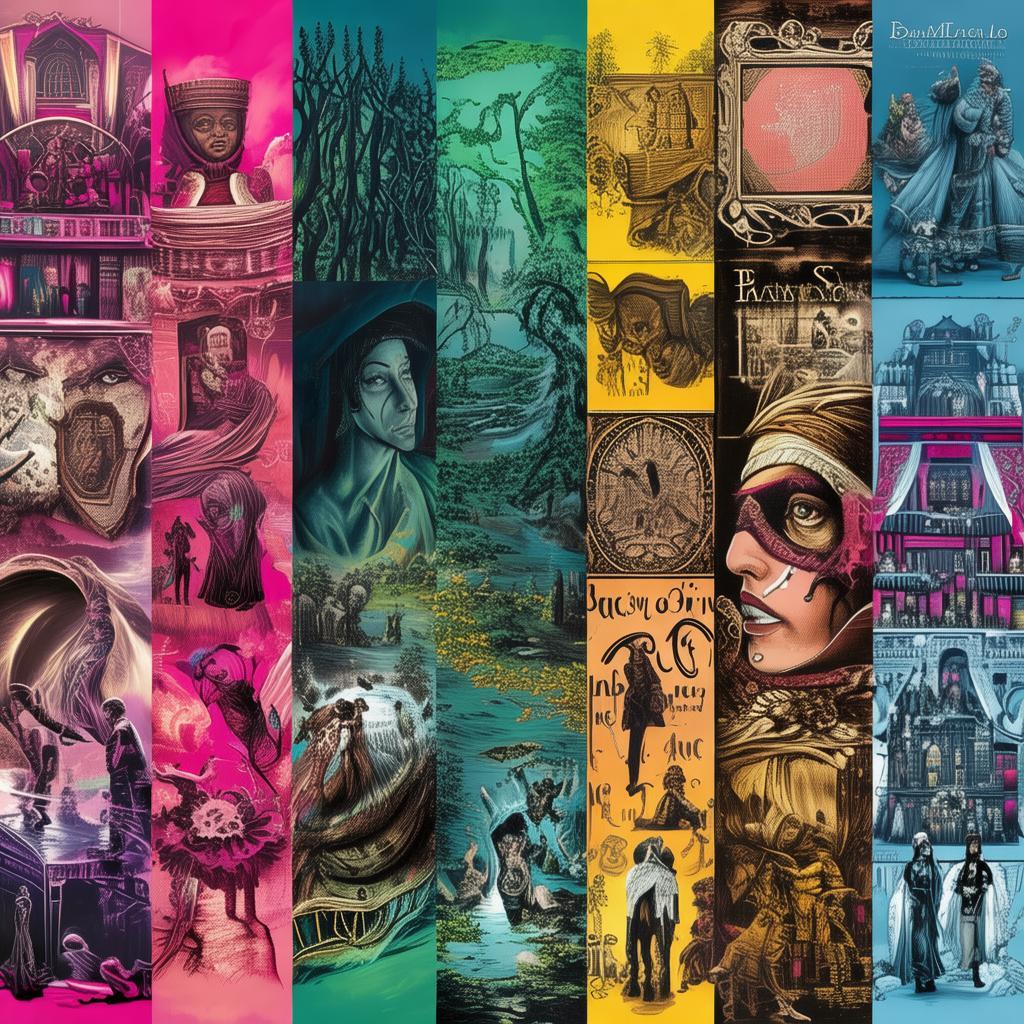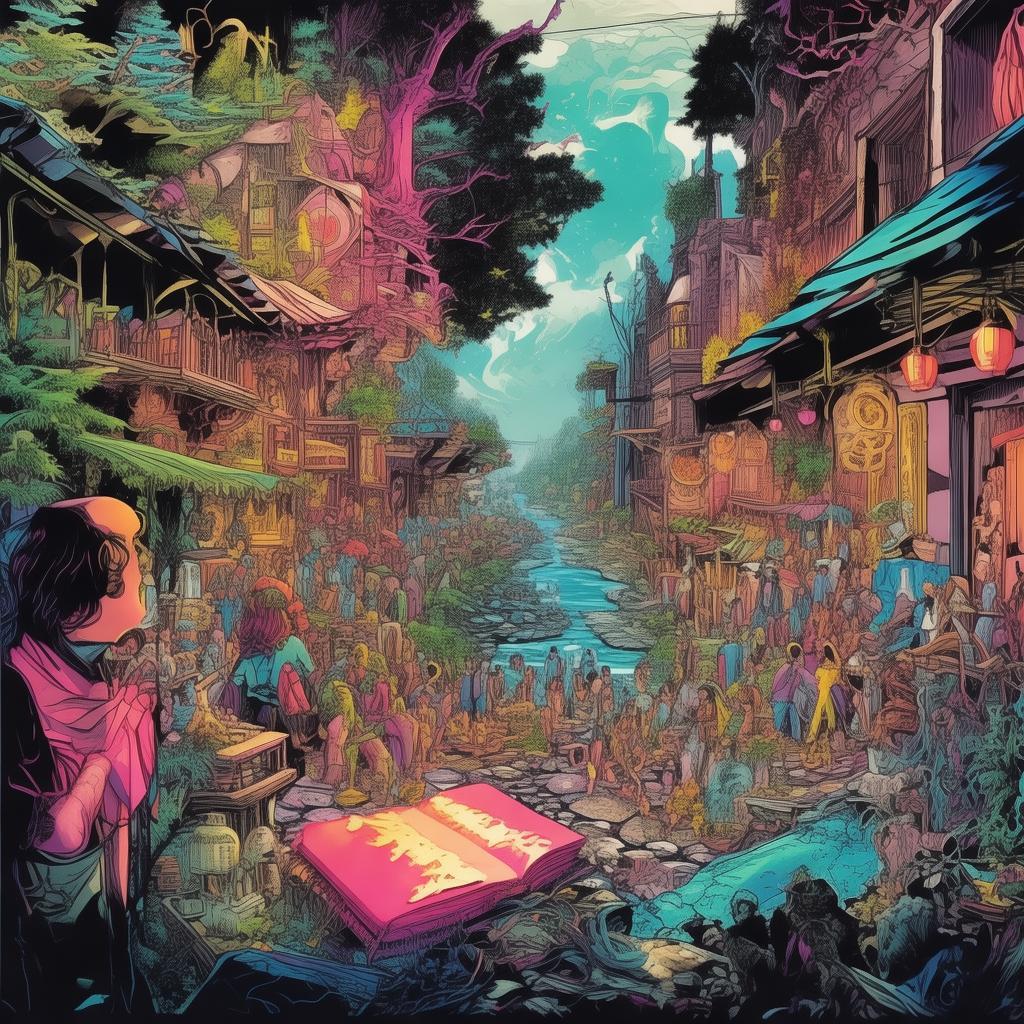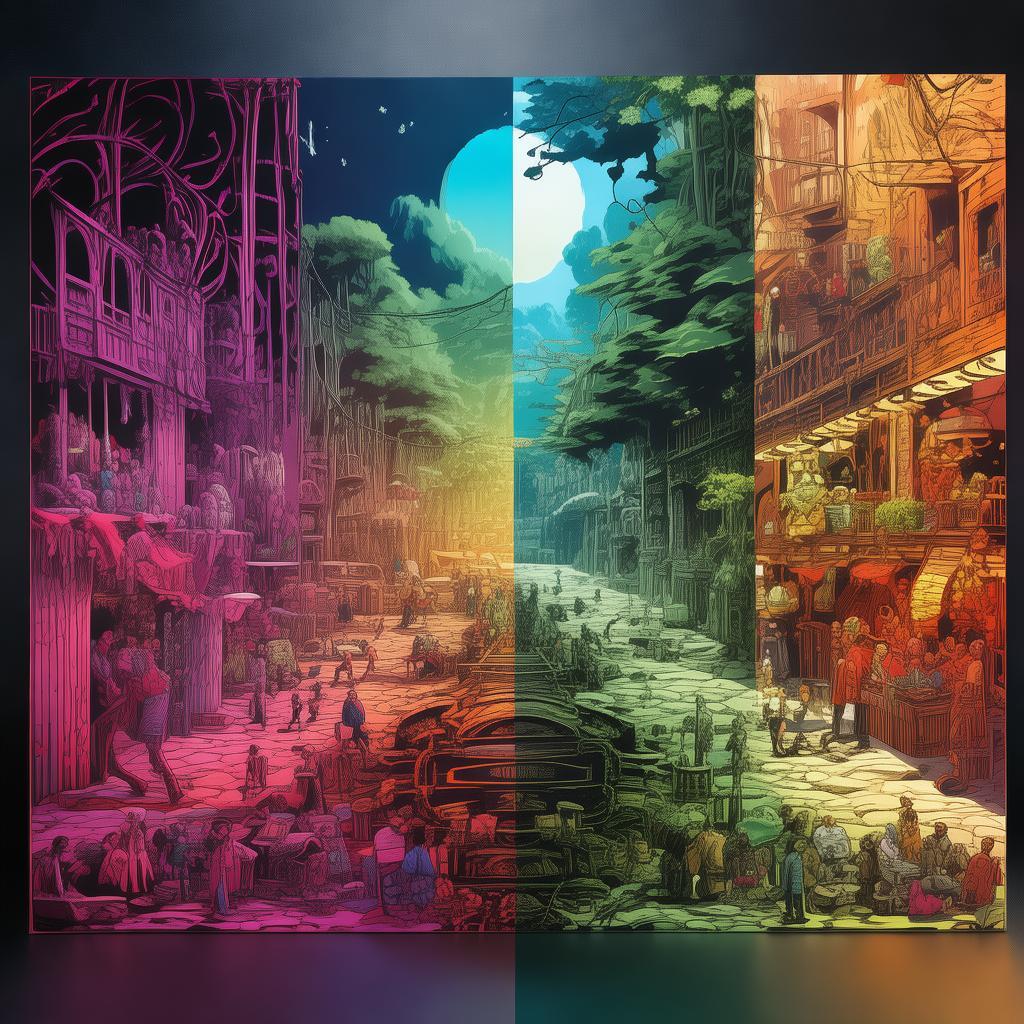The Greeting Revolution: My Worldly Welcome
In the quaint town of Willow Creek, the greeting was an art form as old as the oaks that lined its streets. Every morning, as the sun crept over the horizon, the townsfolk would step out of their homes, pause, and offer a simple yet profound greeting to one another. It was not just a nod or a wave; it was a ritual, a sign of unity and respect. "Good morning, Willow Creek," they would say, their voices blending into a harmonious chorus that echoed through the town.
This was the world of Eliza, a young woman who had grown up in Willow Creek, her heart as full of the town's spirit as the bell tower's chime that marked the start of each day. But Eliza was about to change everything.
One crisp autumn morning, as Eliza walked down the cobblestone path to her favorite café, she noticed a new sign posted on the door. "Greet in English Only" it read, in stark contrast to the town's traditional greeting. The café owner, a recent transplant from New York, had decided that the American way was the only way.
Eliza's heart sank. The greeting was more than just a ritual; it was the heartbeat of Willow Creek. It was the silent agreement that every person, regardless of where they came from, was welcome here. She couldn't let this change happen without a fight.
That night, Eliza gathered a group of friends and neighbors. "We can't let this stand," she said, her voice tinged with determination. "Our greeting is our identity. It's what makes Willow Creek Willow Creek."
The group agreed to start a revolution, but they needed a plan. They decided to start with the schools, the heart of the community. They would teach the children the importance of the greeting and encourage them to use it with everyone they met.
Word spread quickly. The revolution was on. Signs appeared in windows and on porches, each one bearing the words, "Welcome to Willow Creek." People began to greet each other in the traditional way once again, and the once-divided town started to heal.
The café owner watched in amazement as the town rallied around the greeting. He realized that the simple act of saying "Good morning, Willow Creek" was more than just a ritual; it was a symbol of the community's strength and unity.
One day, as Eliza walked back from the school, she saw the café owner standing in front of the door. "Eliza," he said, his voice filled with sincerity, "I was wrong. I understand now that the greeting is more than just words. It's a connection, a bond between us all."
Eliza smiled. "Thank you, Mr. Thompson. Willow Creek is better for it."

The revolution had changed Willow Creek forever. The greeting was no longer just a ritual; it was a revolution. It was a revolution of welcome, a revolution of connection, and a revolution of community.
As the sun set over Willow Creek, the townsfolk gathered once again. They stood in their doorways, their voices rising in a chorus of greetings. "Good evening, Willow Creek," they said, their voices filled with pride and joy.
Eliza watched the scene, her heart swelling with pride. She had seen the power of the greeting, the power of connection, and the power of community. And in that moment, she knew that Willow Creek would never be the same again.
The Greeting Revolution: My Worldly Welcome is a story of transformation, of how a simple greeting can bring a community together and spark a revolution. It's a tale of connection, of the universal language of welcome, and of the power of unity.
✨ Original Statement ✨
All articles published on this website (including but not limited to text, images, videos, and other content) are original or authorized for reposting and are protected by relevant laws. Without the explicit written permission of this website, no individual or organization may copy, modify, repost, or use the content for commercial purposes.
If you need to quote or cooperate, please contact this site for authorization. We reserve the right to pursue legal responsibility for any unauthorized use.
Hereby declared.









